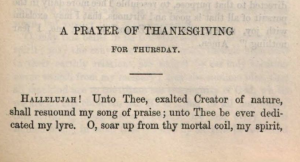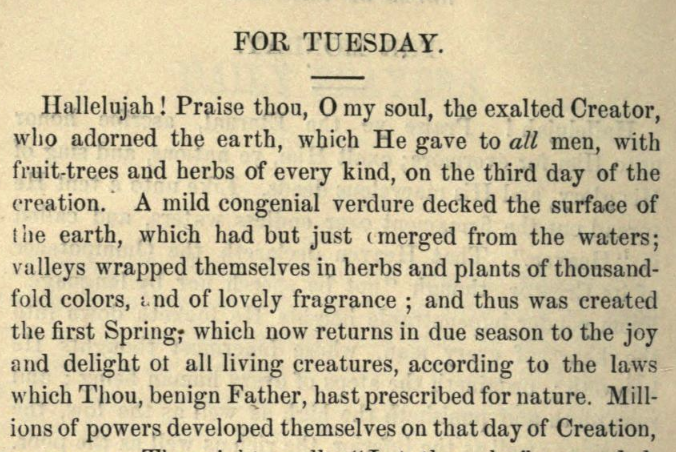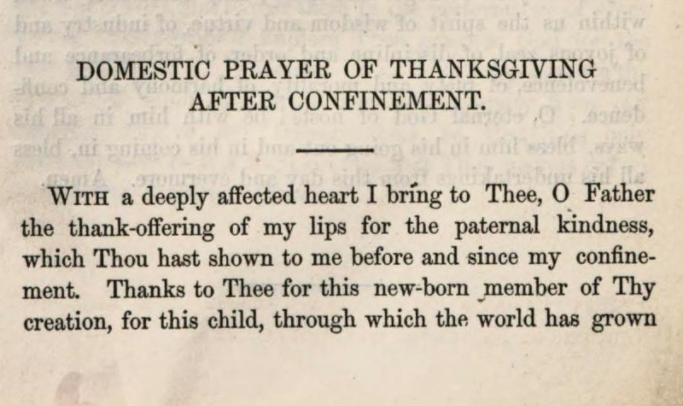| Contribute a translation | Source (English) |
|---|---|
Hallelujah! Unto Thee, exalted Creator of nature, shall resuound my song of praise; unto Thee be ever dedicated my lyre. O, soar up from thy mortal coil, my spirit, to the Creator of beings without number, to the Omnipotent, who on the fifth day of the Creation filled the earth, the waters, and the air with living creatures, which now all praise and exalt their Creator who at all times remembered them, and who is a Father unto all of them. The inhabitants of the spaces of all spheres, as well as the great monsters of the sea, the high-soaring eagle, as well as the worm in the dust, pay homage to Thy Majesty. From the dawn of morning, until the glowing of the evening-star on the heavens, these creatures all publish Thy grace and paternal care. And I, after having arrived at this conviction, should I allow my trust in Thee to be weakened by timid doubts or chilled scoffing? No, O beloved Father! may neither the one nor the other be capable to deprive me of the hopes, that Thou wilt never forsake me, that Thou wilt never deliver me up to destruction. Even if the path of my life remain clouded in obscurity, doth not the voice sounding like the melody of angels call unto me, “I am the Eternal thy God, I am with thee! I am thy refuge!” Yes, Father, it is Thou who continually watchedst over me; it is Thou who hast vouchsafed Thy blessing unto all those who remain on the path of the good and the virtuous, and whose efforts are directed to that purpose, to resemble Thee more daily in the pursuit of all that is good and virtuous, that I may exclaim with joy, יי לי לא אירא “the Eternal is with me, I fear nothing!”[1] Psalms 118:6. Amen. |
Source(s)

Notes
| 1 | Psalms 118:6. |
|---|

“A Prayer of Thanksgiving for Thursday, by Marcus Heinrich Bresslau (1852)” is shared through the Open Siddur Project with a Creative Commons Public Domain Dedication 1.0 Universal license.










Leave a Reply